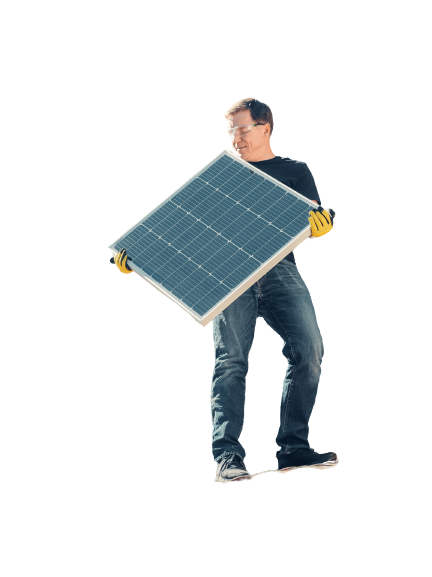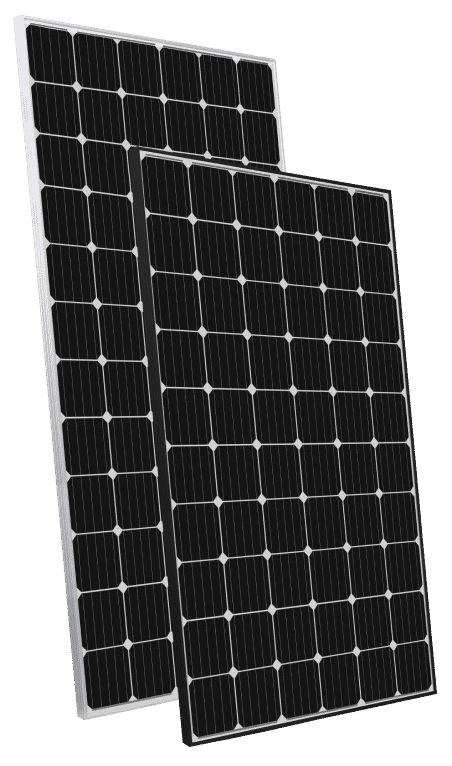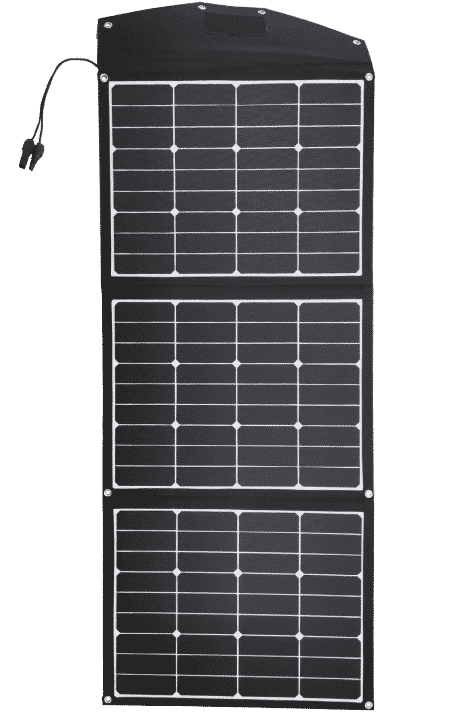Solar Lease

Solar Lease
Solar power is a cost-effective option for renewable energy, both for homes and businesses. Nevada Solar Group offers solar products. However, homeowners must make a decision about solar leasing or buying solar panels.
A solar lease is a long-term agreement between a customer, and a provider of solar panels. Solar leasing is an option for homeowners who want to meet their energy needs but don’t have enough capital to purchase a system. We’ll examine whether a solar lease can be a smart investment.
What is Solar Leasing? How does it work?
The solar lease is similar to your utility bill. Customers will see some savings on their utility bills as the energy is generated locally by clean solar energy. You don’t own the generator and aren’t paying for an asset. Instead, you pay only for the electricity generated by the solar panel system.
A homeowner who has a solar leased system on their roof will no longer have to pay the utility for electricity. Instead, they will only be paying Nevada Solar Group. The 30% Federal solar tax credit is not available to homeowners. They can also depreciate your solar system’s cost (which is something that you cannot do in any case), which saves them – and their investors- tax dollars.
Nevada Solar Group will agree to pay you a fixed amount for 20 years. At the end, we will take our equipment off your roof. The same way a car lease works. However, you won’t be able to get the new system every 36 month.
For the first year, a typical lease from Nevada Solar Group installer would cost \$99 per month. This will help you save approximately $500 each year. This lease also comes with an escalator, which is a predetermined annual rise.
The 2.9% escalator means that your lease will cost you more per month by year 6 than the loan. It would continue to rise for the next 14 years. The system will provide $23,000 in lifetime savings.
Get a fixed monthly lease for your solar panel system
Renting is the last option if you don’t want to take on any debt. A typical fixed-term lease or a PPA can allow you to rent a solar system for up to 20 years. Each option will likely have an “escalator” rate. This is a percentage that the initial rate will rise each year.
The annual escalator rate may range between 0% and 4%. Six years ago, leasing was the standard in the solar industry. It allowed homeowners to go green while also saving a few dollars a month on their utility bills. This model is now out of fashion. Leasing has the disadvantage that your monthly lease payment will be exactly the same every month. Because solar production is seasonal, you might pay more if you lease than if you just stayed with your utility.
When you shop for solar energy with Nevada Solar Group, be sure to consider your financing options. Leases offer low monthly payments and are offered by Nevada Solar Group. You should know how the monthly payments will look in the future and ask how long you will be locked in to this plan.
What is leasing and how does it differ from a Solar Power Purchase Agreement?
Solar leasing is a more cost-effective option than a solar power purchase arrangement (PPA). Customers pay rental income for solar panels, whereas customers from PPA pay per kwh generated. The cost of leasing solar panels is determined by their capacity, but the cost of renewable Power purchase agreements is determined by actual generation. Solar leases have a fixed price, which means that customers will harvest more benefits from the sun and save more money in the long run.
Solar leasing and solar PPAs are both contracts in which the consumer does not own the panels. However, each building owner must examine the specifics of prices, dependability, and cost savings.

Typical Terms of a Solar Lease
It is important to understand the terms of a solar lease in order to decide if it is right for you. Nevada Solar Group can offer a variety of lease terms depending on your individual needs. Solar leases typically last between 20 and 25 years. Solar panels generate and last an average of 25-30 years so customers can use them to their full potential.
There will be different options for advanced services offered by different solar leasing companies, such as monitoring, payment, and observation via mobile and web apps. These digital services include online portals that allow customers to review their contract, pay monthly fees and track usage. Solar customers, like the rest of the utility sector will be assured that Nevada Solar Group offers better service and customized solutions.
Customers should be informed that, due to growing electricity prices, solar leases often require an annual payment escalation of One to 5 percentage points per month. The contract’s terms are unambiguous and should not be viewed as a surprise.
Ending Your Solar Lease
Leasing solar panels can be a good option for customers who are moving or need to terminate their lease. The best part about solar leasing is that they offer the possibility to either transfer the lease to new owners or to have the panels removed.
Even if you don’t break your lease solar panels in a hurry, it will end eventually. Customers can choose to renew their lease or terminate the contract. Nevada Solar Group will remove and dismount the panels in the second instance.
Customers can also purchase solar panels at a reduced rate, which is often outlined in the original lease agreement.


Is a solar lease right for you?
It is a personal decision that will determine whether you lease, buy solar panels, participate in a PPA, or ignore solar. Here are some pros and cons to consider when considering solar leasing:
Solar Leasing: The Pros
There are many benefits to solar leasing, including these:
- There is no need to spend a lot upfront for solar panel installation
- When the market is volatile, lock in energy prices for the long-term
- Avoid the hassle of monitoring and maintaining equipment
- Save significant money on your utility bills
- Reduction of household carbon footprint
- Solar leases offer power production guarantees. This means that payments may be reduced if the panel produces less than expected.
Solar Leasing: The Cons
Although solar leasing may not be for everyone, there are some risks and concerns associated with these contracts.
- The leasing price rises each year as utility rates rise, which could lead to lower expected cost savings.
- You are not eligible for the federal solar tax credit (ITC), or other local benefits because you don’t have solar panels.
- While there is no upfront cost, the system will likely last for a longer time than if you purchased the panels directly.
- Because they are not part of your property, leased solar panels won’t add any value to it like the panels you own.
- If you want to move, breaking your lease can be difficult.

Leasing solar panels vs. buying solar panels
Leasing solar panels was an easier option than leasing in the past. The cost of solar panels has dropped in the last decade, making it more affordable and financially viable to own your own system.
Solar leasing is different from buying solar panels. The difference lies in ownership. You own a solar panel system if you purchase it. This means that you will be responsible for its operation and maintenance.
However, if you lease a panel from Nevada Solar group, a solar company, you are the owner of the system and will be responsible for its maintenance and operation costs.
If you are looking for the greatest financial returns, buying a solar panel will be the best choice. These benefits include lower state taxes, investment credits, rebates from the government (sometimes as high as 30%), and solar renewable energy credits. In addition, solar panels can increase the property’s market value.
While solar leasing can prove profitable for the life of the contract, customers who are able to purchase the systems will reap the financial benefits.
If you want to use the electricity generated by the solar panels as an energy source, then solar leasing is the best choice. You don’t own the panels, and you aren’t eligible for any tax benefits, but you can still reap the financial benefits of solar energy, despite the high installation cost and the ever-present risk that you will need to repair damage.
If you don’t have the cash to buy solar panels upfront, there are many financing options available from one of the top solar companies, Nevada Solar Group. This is an alternative to solar leasing.
Solar installer financing: Nevada Solar Group solar installers work with lenders to offer lower-interest solar financing.
A PACE loan: is often referred to as an R-PACE loan. Residential Housing Renewable Energy Financing is a low-cost, long-term option for financing your solar investment. This sort of loan ties your property tax bill to the cost of solar panels via a tax assessment.
Standard bank loan for solar loans: These loans can be obtained through credit unions or banks. You can also choose to finance your loan through your monthly utility bill. This option allows you to put a portion of your utility savings towards your loan payment.
Other key things to know about solar leases
Solar leases, like any other solar financing option can be complicated. We’ve collected some common questions to help you understand how your money is being used.
A solar lease can save you money
A solar lease can help you save between 10-30 percent on your electricity bills over the life of the contract. The cost of a solar lease will depend on where you live, and what incentives are available to third-party owners.
You can take advantage of net metering if you live in a state with it. This allows you to pay only the difference between what you use from the grid and what your system produces. Other incentives such as the federal tax credit (ITC), or solar renewable energy certificate (SRECs) will be paid directly to the system owner.
Side note: If you decide to buy your solar system, instead of leasing it you will be eligible for all the incentives. You’ll see an average savings of between $10,000 to $30,000 by owning your solar system over the next 25-years.
Will you be able to choose your solar system?
Third party owners of your system have the right to decide who will install it on your roof. The third party owner of the system will decide on the brand and size of the panels, as well as where they are to be placed. We strongly suggest that you carefully review and approve the system design before signing any paperwork. You should ensure that your monthly electricity consumption is not exceeded by any home improvements. You’ll end up paying more for electricity than you use. Before you sign a contract, it is important to understand the appearance and location of your solar array.
What happens if you want to sell your home?
This is an important factor to consider before you sign a lease agreement for solar. You will see an increase in the value of your home by three to four percent if you have your own solar system. It will also make your home more appealing to potential buyers. Solar leases may have the opposite effect. You can either sell your home or transfer the lease to new owners if you decide to end the solar lease. Some homebuyers may not want to take over your lease. This can make it very difficult to sell your home.
Nevada Solar Group is the best way to start your solar journey.
A solar lease is a great option if you want to keep your home for the next 20-25 years, and lower your electricity bills with minimal hassle. If you are looking to sell your home in the near future and get the best savings, a cash purchase or loan is the better option. You can get up to seven customized quotes from pre-vetted solar installers if you are ready to begin your solar journey. To maximize your solar savings, contact Nevada Solar Group and get a free quote from a top provider for your home.

Contact Us For A Free Solar Quote
First name is required
Last name is required
Email is required
Phone is required
Please enter a valid property address
Property address is required
Schedule Your Appointment
ATTACH YOUR UTILITY BILL (optional)
Some information is missing or is incorrect, please fix the issues above and resubmit.
Thank you for your request
Your appointment has been added to our calendar.
The consultation will be online or over the phone. Please prepare a copy of your electric bill or energy usage history for your consultant to give you the most accurate proposal.